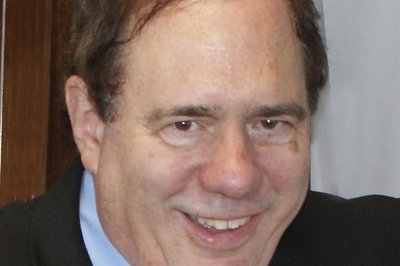A state legislator plans to introduce the first-ever legislation to specifically tackle issues affecting the transgender community.
State Rep. Mark Cohen (D-202nd Dist.) announced last week that he plans to introduce a four-bill package addressing transgender discrimination. He is circulating a cosponsorship memo for the legislation.
The bills will focus on Medicaid expansion to include transition-related treatment; trans-inclusive state-employees’ health-care benefits; establishment of a tax credit for all private businesses that provide transgender-related health care; and elimination of gender-based restrictions and prerequisites for high-school students.
Cohen said he has had conversations with transgender activists for several years about legislative efforts to support the trans community.
“I think it is time that the legislature deals with these issues of transgender rights,” he said.
In his cosponsorship memo, Cohen referenced the American Medical Association, American Psychiatric Association and the International Statistical Classification of Diseases and Related Health Problems’ recognition that gender dysphoria should be treated and supported.
Cohen cited the success of Philadelphia’s recent adoption of legislation that expanded transgender-related health care for city employees and which also gave a tax credit to companies that provided transition-related health-care options for transgender employees.
The education component is based on California’s decision last year to allow students who are transgender to be in the proper gender environments.
Cohen said he did not have a set timeline for the bills’ introduction. While Republicans have been slow to support LGBT-equality issues, Cohen said he hopes the legislative package picks up backers from both sides of the aisle.
“Nothing is impossible,” he said. “I would be pleasantly surprised if Republican legislators supported this.”
While passage of his bills will likely take time, Cohen said it is important to lay the groundwork with awareness-raising conversation.
“I think you have to have a public discussion for people in the legislature to be comfortable with these ideas,” he said. “It could take years or decades for things of this nature to pass. This is just the beginning.”
